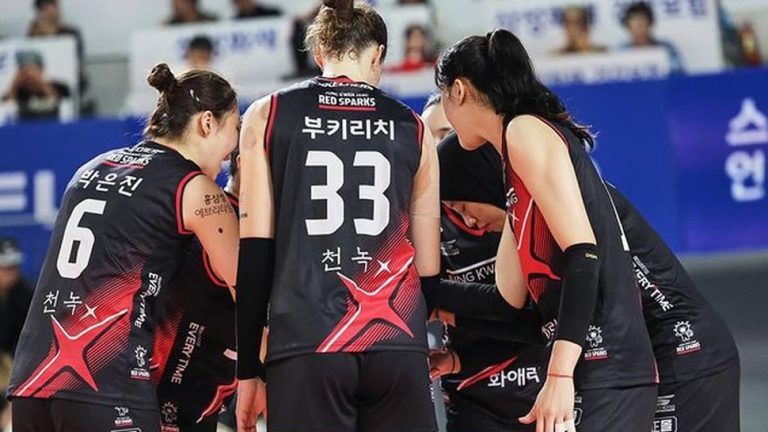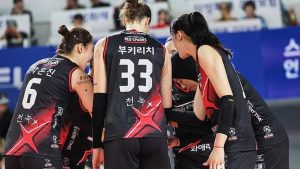South Africa’s Caster Semenya to miss the Doha World Championships in September, as the Swiss Supreme Court on Tuesday canceled the suspension of the Hyperandrogen Athletes Regulations.
The Swiss Federal Court temporarily suspended the International Federation’s (IAAF) regulations on hyperandrogenic athletes on June 3, allowing Semenya to hope to participate. This decision comes to put an end to his hopes of participating in the 800m.
“I am very disappointed that I am being prevented from defending my hard-won world title. But that will not deter me from continuing my fight for the rights of all the female athletes concerned.” Semenya said.
Semenya had challenged the decision of the Court of Arbitration for Sport (CAS) to maintain the regulations limiting the level of testosterone present in the bodies of some athletes, May 29 last.
The lawyers for the double Olympic champion in the 800m had then indicated that they had initiated proceedings before the Swiss Federal Court.
Under the new IAAF rules, maintained by TAS – its offices are in Switzerland, She cannot compete in international events from 400m to 1500m, unless it medically lowers its natural level of testosterone.
Semenya said after the CAS made its decision that she would not accept any treatment, and she reiterated in the statement released at the time that she would challenge the decision because the IAAF will not medicate and will not prevent her from being who she is.
Semenya’s legal procedure had been announced by his lawyers in South Africa. They said his case was “essentially about the principles of human rights.” The appeal was lodged with the Swiss Federal Court, the highest court in the country.
The 28-year-old South African, who is also a three-time world champion, is one of the female athletes with hyperandrogenism, a condition that causes high levels of natural testosterone. The IAAF claims that this gives them an edge over other women, as testosterone helps muscle development and oxygen transport in the blood.
The IAAF requires Semenya and other athletes with the same medical condition to take drugs that lead to the suppression of hormones, or to undergo surgery, in order to participate in competitions. These requests have been deemed unethical by the World Medical Association, which represents physicians around the world.
















